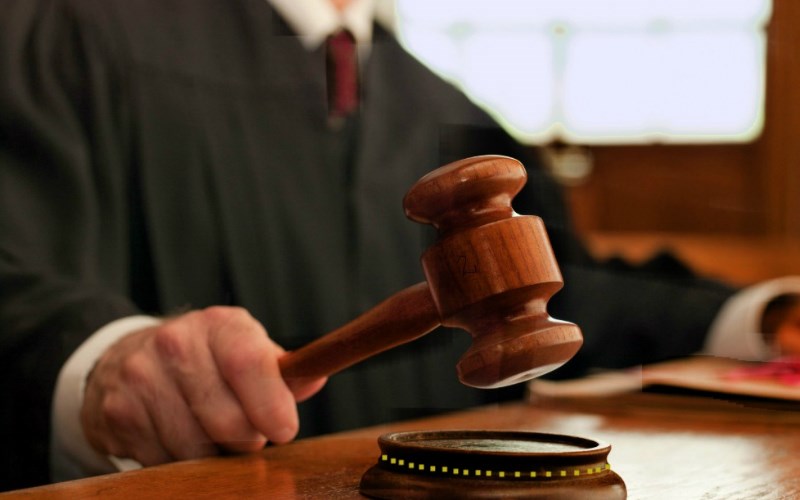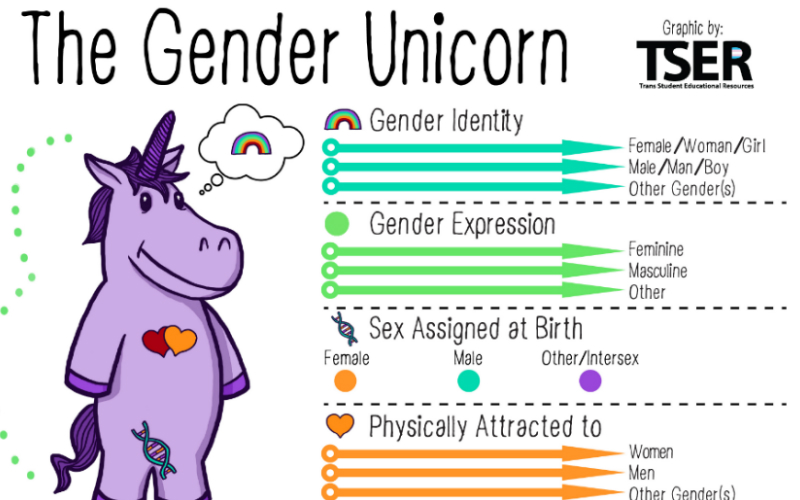In response to a lawsuit filed by the Job Creators Network Foundation, Judge Mark Pittman, a Trump appointee, last week wrote that the president's plan is "an unconstitutional exercise of Congress's legislative power."
"Whether the program constitutes good public policy is not the role of this court to determine," Judge Pittman wrote. "Still, no one can plausibly deny that it is either one of the largest delegations of legislative power to the executive branch, or one of the largest exercises of legislative power without congressional authority in the history of the United States."
Neal McCluskey, director of the Cato Institute's Center for Educational Freedom, agrees.

"The Constitution simply does not allow the president to unilaterally take money that Congress created as loans and essentially turn them into grants," he says, "In other words, change something that Congress said needs to be paid back into something that does not need to be paid back."
Judge Pittman also said the Health and Economic Recovery Omnibus Emergency Solutions (HEROES) Act, which the administration cited as support for the forgiveness plan, does not apply. That measure, McCluskey explains, is "geared toward those who were in the National Guard or Reserves who got called up to serve and as a result would have had difficulty repaying their student loans."
"In this country, we are not ruled by an all-powerful executive with a pen and a phone," the judge continued. "Instead, we are ruled by a Constitution that provides for three distinct and independent branches of government."
Prior to the decision, the Cato Institute and others had filed suit against the Department of Education asserting the plan was illegal.







